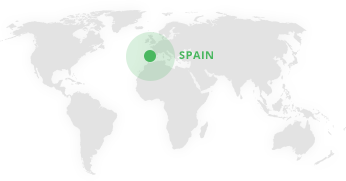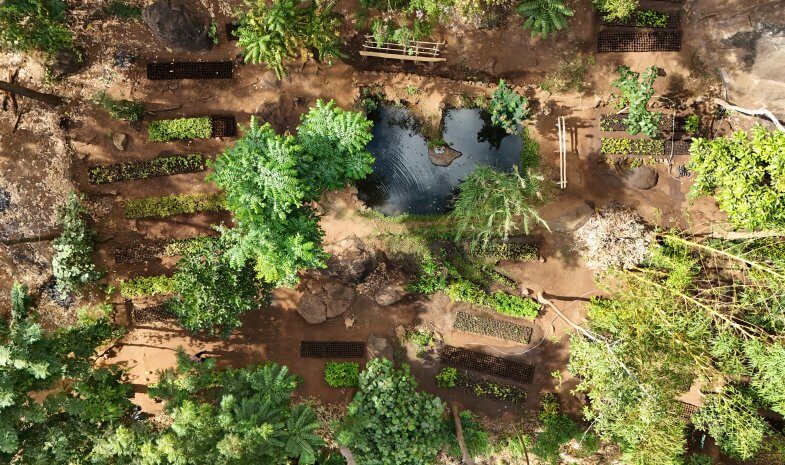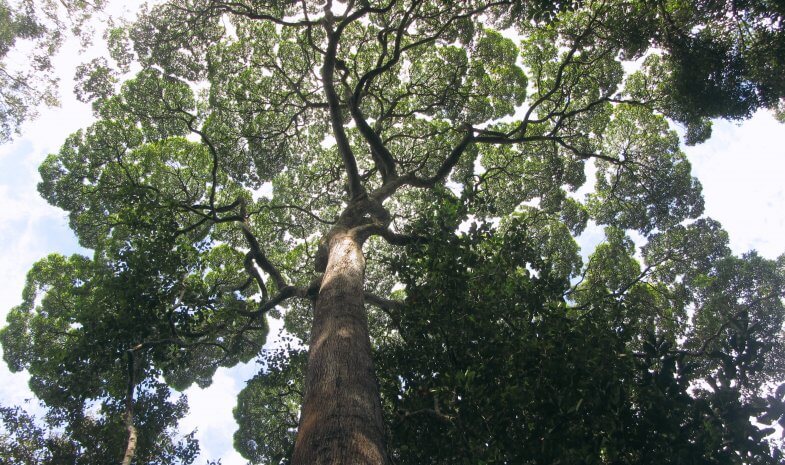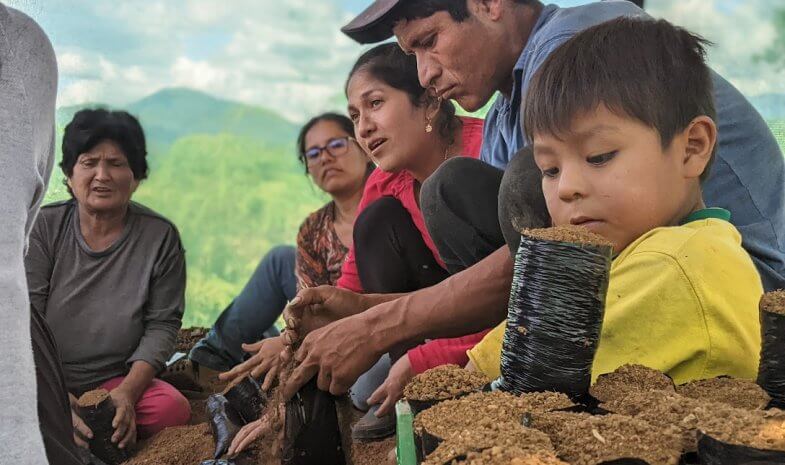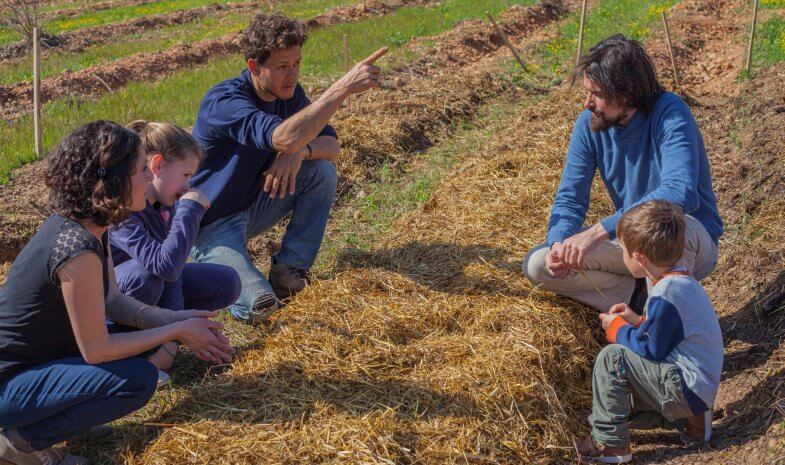Granada’s blue forests: Planting the future
SpainGranada’s blue forests: Planting the future
Duration of the partnership
2022
Location
Spain
The Project and its Challenges
Due to its unique geography and mountainous terrain, Granada is one of Europe’s most polluted cities. This situation has intensified over the years as climate change and drought have increasingly affected the area’s soil. In addition, the city is at the foot of the Sierra Nevada mountain range, which acts as a windbreak, stopping the pollution from being dispersed.
As part of the “Reforestando Andalucía ” (Reforesting Andalusia) project, the Plant for the Planet Foundation is developing a green belt programme, which aims to plant 200,000 trees by the end of 2030.
This project, supported by the Granada City Council, aims to reforest the banks of the five main rivers that cross Granada, with the active participation of the community. This “green wall” will help to mitigate pollution levels and the effects of the climate crisis and improve the health of the ecosystems and inhabitants of Granada, as well as its surrounding urban area, by opening up new sources of well-being.
The project was designed to test the methodology to be used for reforesting riparian forests in Spain. It involves planting trees to capture carbon and restoring riverside biodiversity cherished by inhabitants living along rivers.
The Maisons du Monde Foundation is helping to support the Spanish arm of the Plant for the Planet Foundation in pursuing its aim to plant trees on the banks of the five rivers passing through Granada.
With the support of the Maisons du Monde Foundation, the project aims to help the Plant for the Planet Foundation to:
- Restore the riverside ecosystems of Granada in three restored or reforested areas and three planting areas
- Get local people involved in preserving and maintaining the natural ecosystems with one community planting project
- Empower 250 children and young people to become climate ambassadors through the creation of 10 online academies in Granada schools
- Systematise the experience and create an adaptable methodology that can be reproduced nationally and internationally by means of a toolkit for replicating the method used
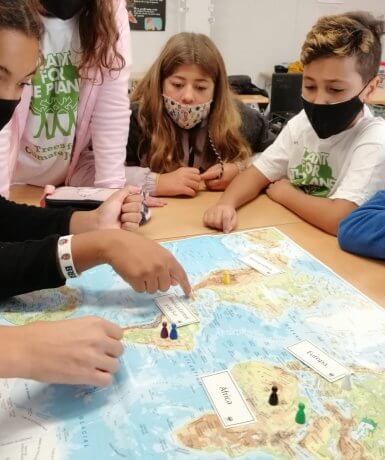
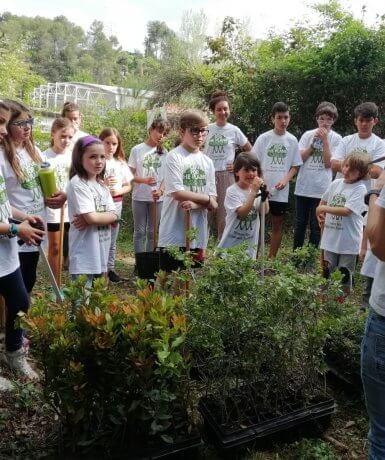
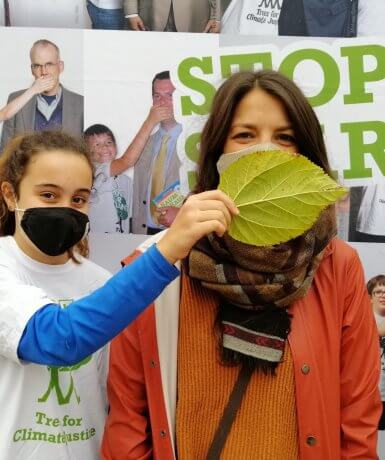
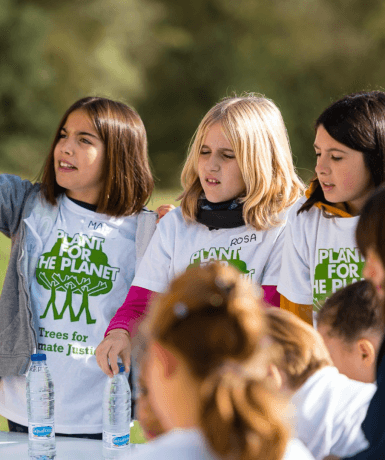
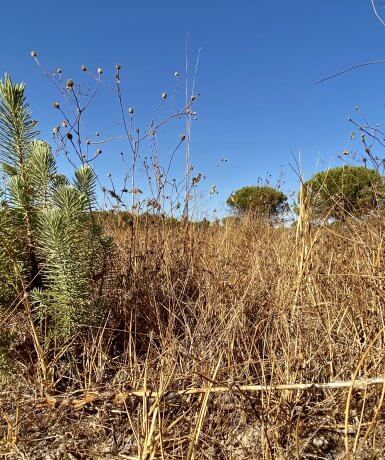
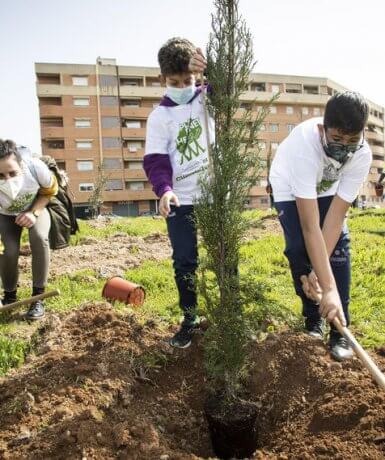
Beneficiaries of the Project
The direct beneficiaries are:
- The children and young people who will participate in planting or in educational and awareness-raising activities
- The citizens of Granada who are actively involved in the initiative
- The wildlife that inhabit restored ecosystems, as well as new species or those that had disappeared that may potentially return to the area
- The students and researchers at the University of Granada who will take part in studying the sites and reforested areas, as well as in publishing the results
- Granada City Council, which will oversee the reforestation of depleted areas on the banks of the rivers that cross the city
- The Guadalquivir Hydrographic Confederation, which covers many of the areas where the project will be carried out.
Other beneficiaries are:
- Other residents of Granada, especially those living near the rivers in question, who will be able to improve their well-being and enjoy new spaces in the city
- Granada’s tourist profile and the tourism industry in general, which will benefit from a potential new attraction
- Other Spanish and European cities that could potentially reproduce the blue forest initiatives and programmes, thanks to the systematisation and promotion of the project
- The companies that support the planting events and related activities, as these partnerships can contribute to their social and environmental communications and responsibilities
The "Pros" of the Project
The approach taken by the Spanish arm of the Plant for the Planet Foundation is based on a participatory, inclusive and replicable approach to reforestation and restoration. This approach entails involving children and young people and transforming them into real actors of change.
Project leader Foundation Plant for the Planet – Spain
The Spanish arm of the Plant for the Planet Foundation is part of the international Plant for the Planet initiative launched in 2007 by nine-year-old Felix Finkbeiner in Germany.
Active in over 71 countries, more than 75,000 children and young people are now part of the Climate Justice Ambassador network.
The mission of Plant for the Planet Spain is to enable future generations of Spanish climate leaders to take action, while actively promoting reforestation, sustainability and climate justice as essential tools. Most will remain involved in the Plant for the Planet network of ambassadors, a community with an online and offline presence.
Website


 Contact us
Contact us 

